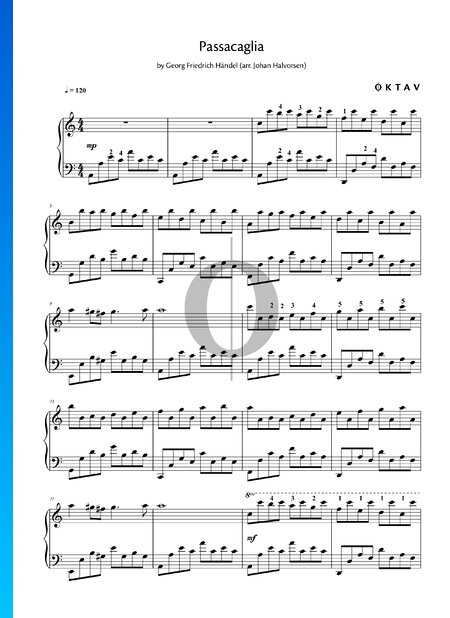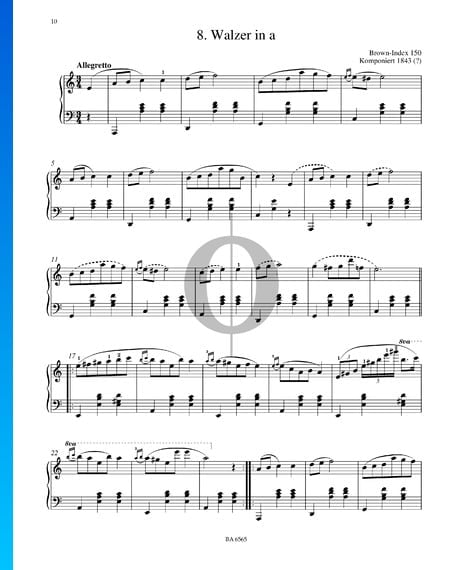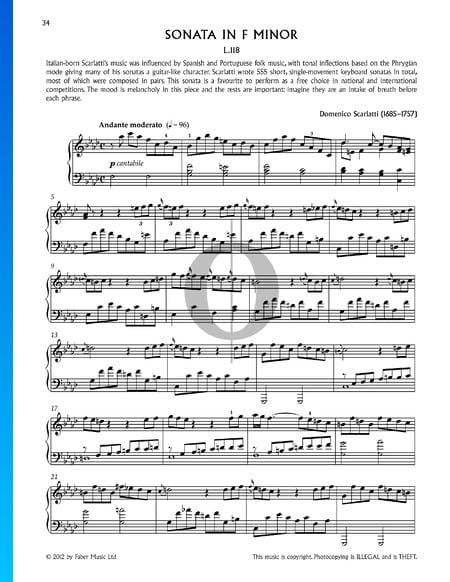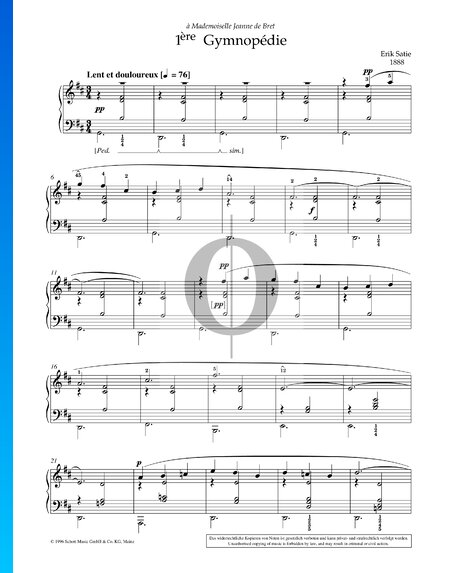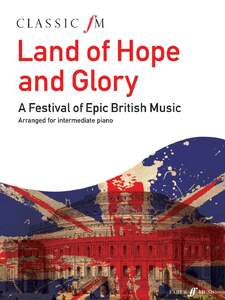

Related Scores
Information about the piece
The song Jerusalem has a deep history and significance as part of Britain's national heritage. The hymn was composed by Sir Hubert Parry, the evocative lyrics originate from William Blake's preface to his epic 'Milton: a Poem', penned in 1804. These verses were turned into the hymn we know today by Parry during World War I around 1916, upon the request of the Poet Laureate Robert Bridges, to uplift the people during trying times. Today, it is often played at important national occasions in the UK.
Musically, Parry composed Jerusalem in D major, known for its strong and heroic impression, which complements Blake’s stirring lyrics. The hymn starts with a solo voice that develops into a four-part harmony, building majestically throughout the piece. According to music theorists, the hymn displays Parry's effective use of musical phrases, giving Jerusalem a strong rhythmic force and an overarching sense of unity.
Here are some key features of Jerusalem:
- A strophic form; the tune of the first verse is repeated in the second, creating a strong, familiar melody.
- A powerful contrast between the tranquil verses and the glorious chorus.
- The signature melody sits at the top of the texture, making it easy for the congregation to follow, while lower voices provide harmony.
- Parry ingeniously employs a cyclical structure, where the concluding lines reintroduce the opening melody, rounding off the hymn.
On our website, you can find an intermediate piano sheet music version of Jerusalem for purchase and download that you can start playing today.
Tags
Sheet Music Details
| Title | Jerusalem |
| Composed by | Hubert Parry |
| Pages | 2 |
| Level | 53/100 |
| Scoring | Piano Solo |
| Instruments | Piano |
| Key | D Major |
| Year | 1916 |
| Collections | Classic FM: Land of Hope and Glory |
| SKU | 2#3de0b208 |
